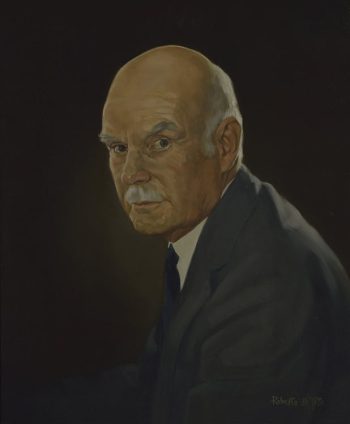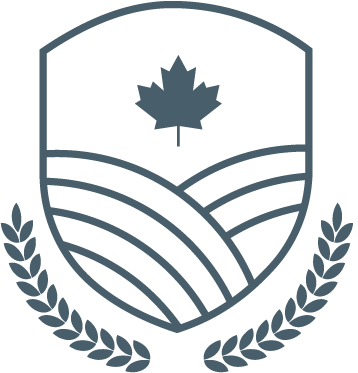Dr. David L. T. Smith
- Canadian Agricultural Hall of Fame
- Inductees
- Dr. David L. T. Smith

- Inducted: 1988
- Residing Province: Saskatchewan
- Gallery Location: 134
Dr. David L. T. Smith
- (1914
- -
- 1983)
Throughout his lifetime of work, Dr. Smith fostered the application of science to agriculture.
Dr. Larry Smith was born in Regina and attended Brandon College where he was the recipient of the Governor General’s Medal. Following graduation from the Ontario Veterinary College, he spent his career demonstrating the importance of research and graduate study in relation to veterinary education. From 1950 to 1953, he undertook a Ph.D. program in pathology at Cornell University. After returning to OVC, Dr. Smith became head of the Department of Bacteriology, and 10 years later, head of the new Department of Pathology and Bacteriology. He was the first Canadian to become a diplomat of the American College of Veterinary Pathologists, by examination.
In 1963, Dr. Smith became the founding Dean of the Western College of Veterinary Medicine, University of Saskatchewan, and implemented policies that quickly established this college as a strong and progressive institution. A superb administrator, he secured the complete and unprecedented cost sharing of veterinary education among the western provinces served by the college. Under his leadership, a Toxicology Research Centre was established at the University of Saskatchewan.
Dr. Smith contributed significantly to Canada’s international development program. He visited Uganda to assist in the formation of a veterinary college, became leader of a project undertaken by the University of Guelph in Malaysia, and in 1980 led a CIDA-sponsored University of Saskatchewan project at the Somali National University.
In recognition of his many accomplishments, Larry Smith was the first recipient of the Schofield Medal in 1970, a year in which he also received the highly-prized St. Eloi Medal by L’Ordre des Médecins Vétérinaires du Québec.
Tout au long de sa vie, le Dr Smith s’est concentré sur l’application de la science à l’agriculture.
Le Dr Larry Smith est né à Régina et fit ses études au Brandon College, où il a été le récipiendaire de la Médaille du Gouverneur général. Après l’obtention de son diplôme du Collège vétérinaire de l’Ontario, il a passé sa carrière à démontrer l’importance de la recherche et d’études supérieures par rapport à l’enseignement vétérinaire. De 1950 à 1953, il a entrepris un programme de doctorat en pathologie à l’Université de Cornell. Après son retour au Collège vétérinaire de l’Ontario, le Dr Smith est devenu chef du Département de bactériologie, et 10 ans plus tard, chef du nouveau Département de pathologie et de bactériologie. Il a été le premier Canadien à passer l’examen pour devenir un ‘diplomate’ de l’American
College of Veterinary Pathologists.
En 1963, le Dr Smith est devenu le doyen fondateur du Western College of Veterinary Medicine, de l’Université de la Saskatchewan, où il a mis en œuvre des politiques qui ont rapidement promu ce collège comme une institution importante et innovante. Un très grand administrateur, il a obtenu le financement complet sans précédent du partage des coûts de l’enseignement vétérinaire entre les provinces de l’Ouest canadien desservies par le collège. Grâce à son leadership, un Centre de la recherche toxicologique a été créé à l’Université de la Saskatchewan.
Le Dr Smith a contribué de manière significative au programme de développement international du Canada. Il a visité l’Ouganda pour aider à la création d’un collège de médecine vétérinaire, est devenu le chef d’un projet entrepris par l’Université de Guelph en Malaisie, et en 1980, a mené un projet de l’Université de la Saskatchewan parrainé par l’ACDI à l’Université nationale de Somalie.
En reconnaissance de ses nombreuses réalisations, Larry Smith a été le premier récipiendaire de la Médaille Schofield en 1970, la même année où il a également reçu la Médaille de Saint-Éloi de L’Ordre des médecins vétérinaires du Québec.
- Western College of Veterinary Medicine
- Ontario Veterinary College


